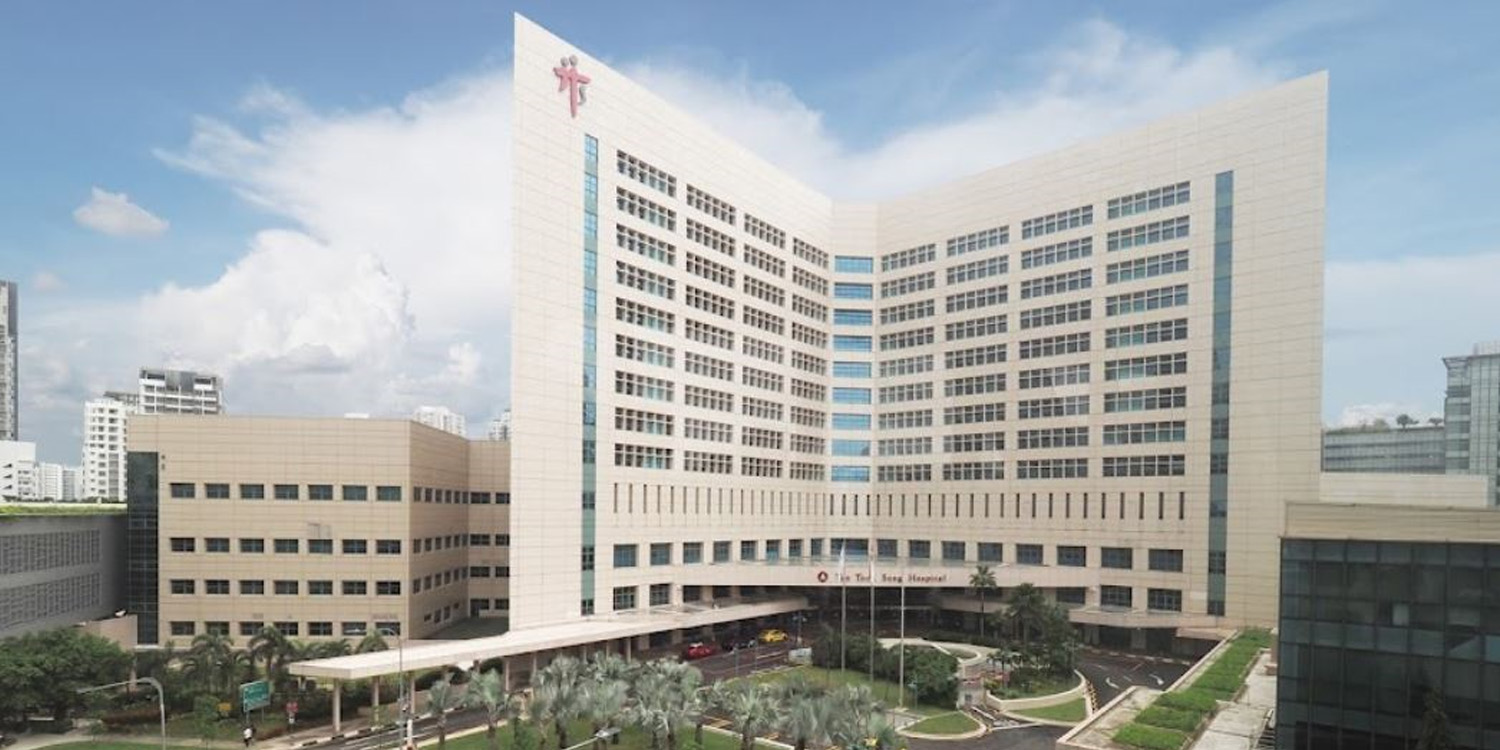Man Files Lawsuit Against TTSH For Negligence Over Mother’s Death, Seeks S$800K
Back in 2018, 74-year-old Tan Yaw Lan passed away three weeks after suffering a cardiac arrest in Tan Tock Seng Hospital (TTSH).
Her son, Chia Soo Kiang, is now suing the hospital and three doctors for S$800,000.
Mr Chia alleged that his mother’s demise was caused by the doctors’ misdiagnosis and negligent medical treatment.
He is seeking S$800,000 in damages for Madam Tan’s pain and suffering, reduction in life expectancy, loss in amenity, as well as her death.
The trial began today (15 Aug) and seeks to determine if medical negligence really played a part in Madam Tan’s passing.
Medical negligence lawsuit against TTSH doctors
According to Channel NewsAsia (CNA), Chia filed a lawsuit against TTSH and three of its doctors.
They are as follows: Dr Dorai Raj D Appadorai, who was the on-call specialist the day Tan was admitted, and Dr Lee Wei Sheng and Dr Ranjana Acharya, both of whom reviewed Tan the day after her admittance.
Mr Chia’s lawyers argued that the doctors issued a negligent misdiagnosis and medical treatment for Tan. This led to her “untimely demise” which was allegedly preventable.
Furthermore, they added that all three acted in a “callous” way towards someone who was vulnerable and at high medical risk.
Son of patient claims in TTSH lawsuit doctors were negligent in looking after her
Tan’s medical issues in the past included diabetes, hypertension, heart failure, ischaemic heart disease, chronic kidney disease, and anaemia.
After suffering a fever, cough and lethargy, she was hospitalised in TTSH on 20 Apr 2018. Medical personnel noted she was suffering from sepsis, poorly controlled diabetes, anaemia, and kidney issues.
Chia’s lawyers accused Dr Dorai of approving a treatment plan to withhold her primary heart medications. They included aspirin, a painkiller for fever reduction, furosemide used to reduce extra body fluid, and losartan to lower blood pressure.
The lawyers also said Dr Dorai did not advise or obtain Tan’s consent or inform her next-of-kin of this plan.
Dr Lee, during his ward rounds, proceeded to review Tan and amend the treatment plan to include referring her to the cardiology department. He further ordered the removal of Mixtard insulin from her medications.
Dr Ranjana then cancelled the referral two hours later after a review. This, the lawyers argued, breached the legal terms of her care for Tan.
Instead, Tan received the wrongful diagnosis of type two myocardial infarction. The cancellation of her referral, the lawyers argued, prevented her from receiving life-saving treatment for her heart condition.
The evening after, Tan’s daughter informed the nurses during a visit that they should not shower her mother as she was often prone to spells of fainting. Instead, personnel should use a dry shower and wipe her down with a wet cloth.
According to Chia’s lawyers, these instructions did not reach the appropriate staff at hand. Following this, an 18-year-old intern at the hospital took Tan for a shower without supervision from other nurses.
Tan collapsed, and the intern went to look for her help as she did not have the required training in basic cardiac life support and automated external defibrillator courses. However, she also allegedly ignored the presence of an emergency distress call button in the shower room.
Six to nine minutes later, trained nurses arrived at the scene and transferred Tan to her ward bed. After CPR, she came to but had new injuries including a degree of permanent paralysis.
The hospital enrolled her in the intensive care unit. Despite this, Tan ended up passing away from pneumonia and ischemic heart disease on 13 May 2018, after almost three weeks in a coma.
Patient had appropriate amount of care, argued doctors
However, lawyers for the defence argued that Tan received the required amount of care and treatment.
They pointed out that Dr Dorai did not personally review Tan and was not consulting on her conditions. As such, he did not owe her any legal duty.
Instead, it was another doctor who had withheld Tan’s heart medications for a temporary period of time. This was because aspirin could increase the risk of bleeding, and both losartan and furosemide could escalate her kidney injury.
In addition, Dr Lee had withheld the Mixtard insulin due to the risk of low blood glucose, a conclusion which Dr Ranjana was in agreement with.
They further stated that an hour before her shower, Tan was also visibly alert, comfortable and cheerful, with stable parameters.
As for Chia’s lawyers’ argument that the hospital should have transferred her to the intensive care unit or high dependency ward, the defence argued that she “did not meet the indicators for admission”, and these facilities should be used with good judgment.
The trial will continue on Tuesday (16 Aug), with a few medical experts and a total of 30 witnesses testifying for the next few days.
Have news you must share? Get in touch with us via email at news@mustsharenews.com.
Featured image adapted from Google Maps.









